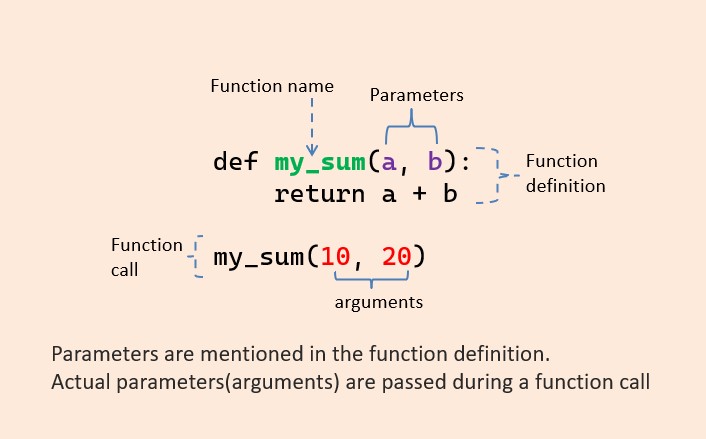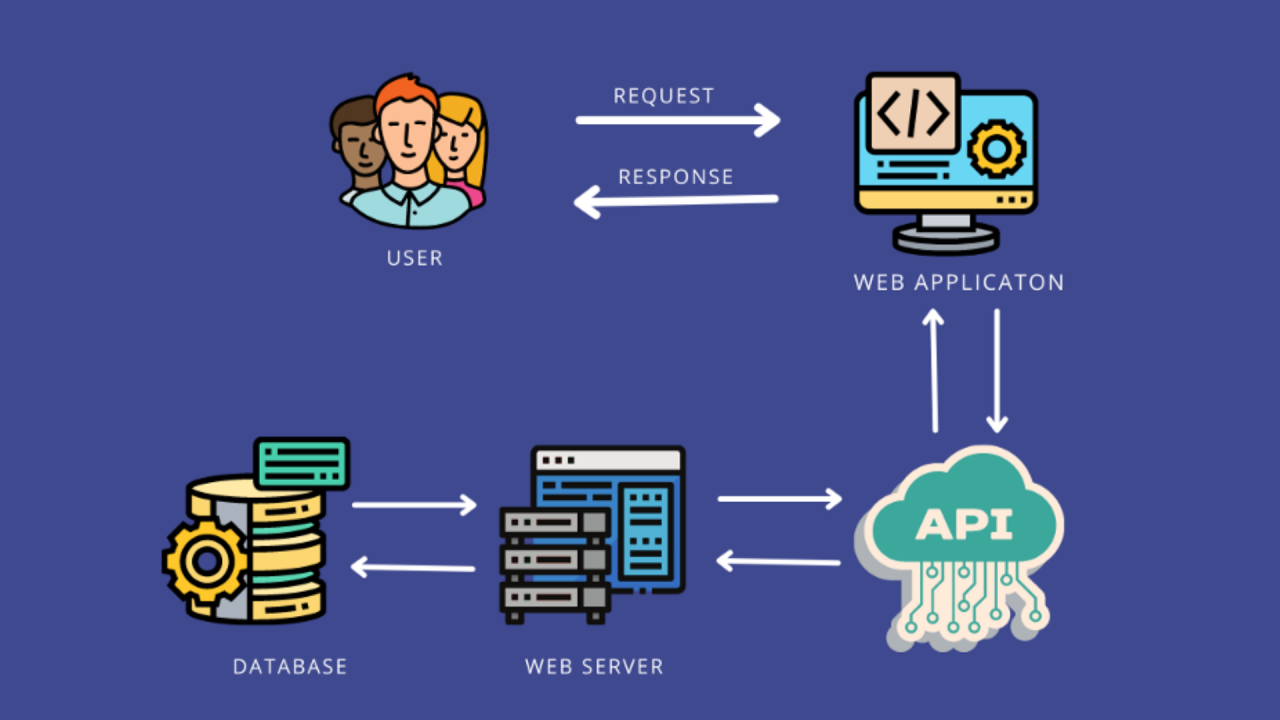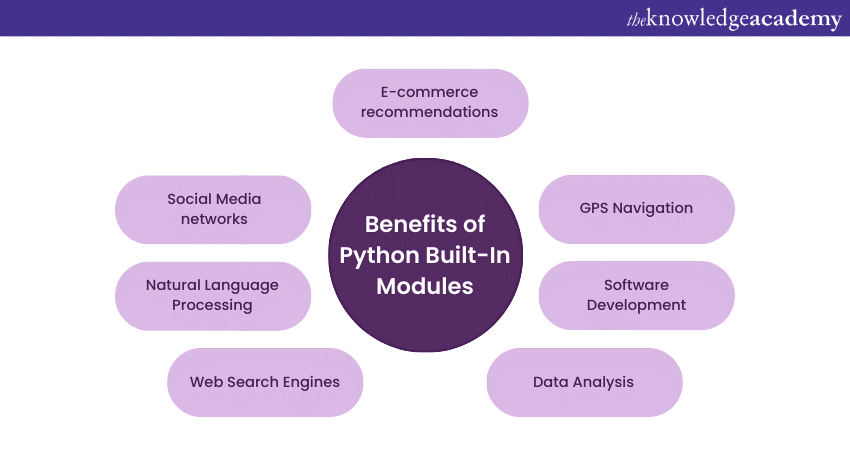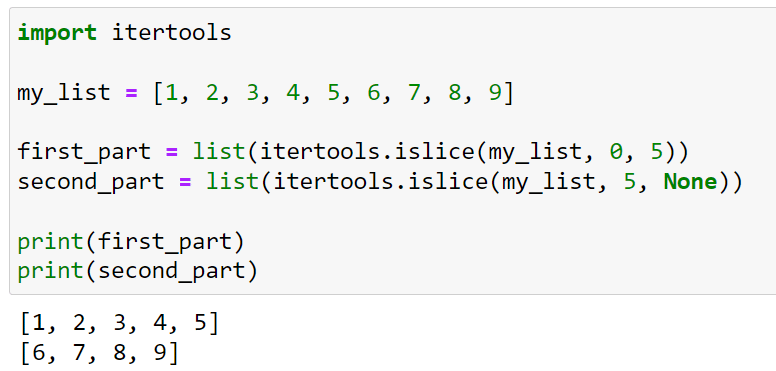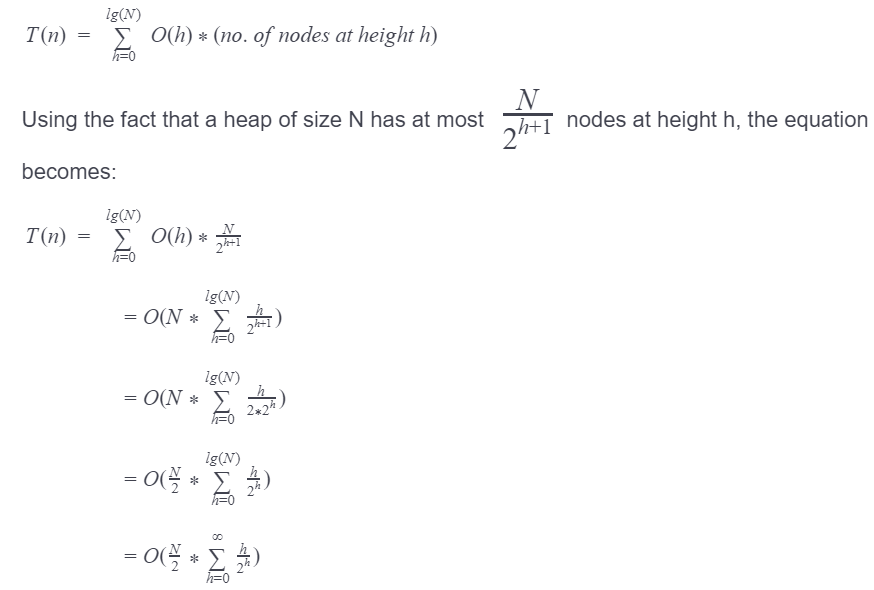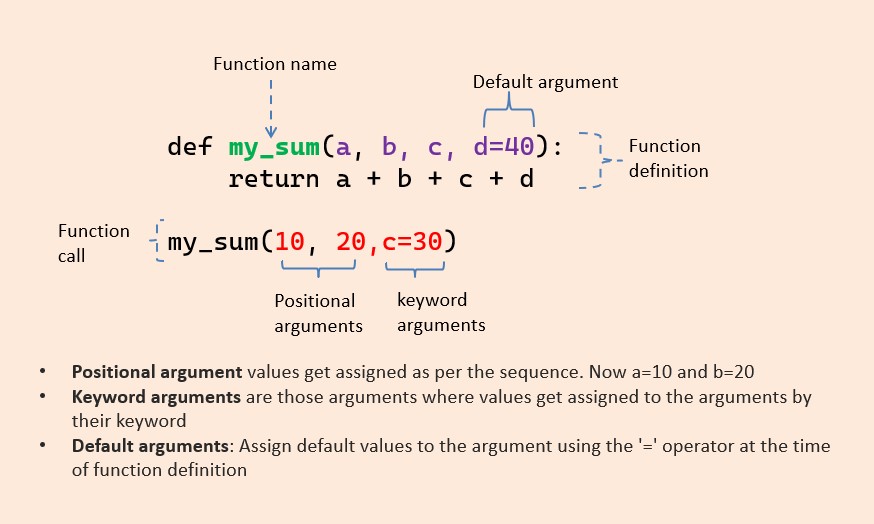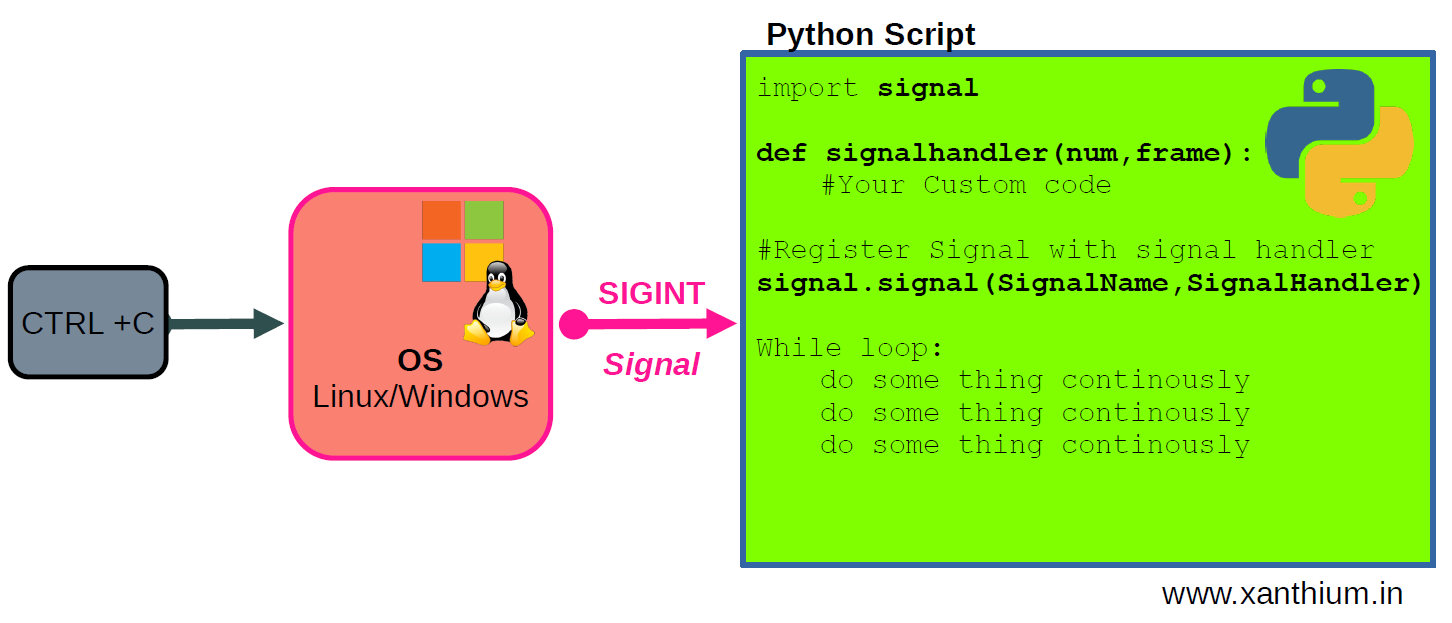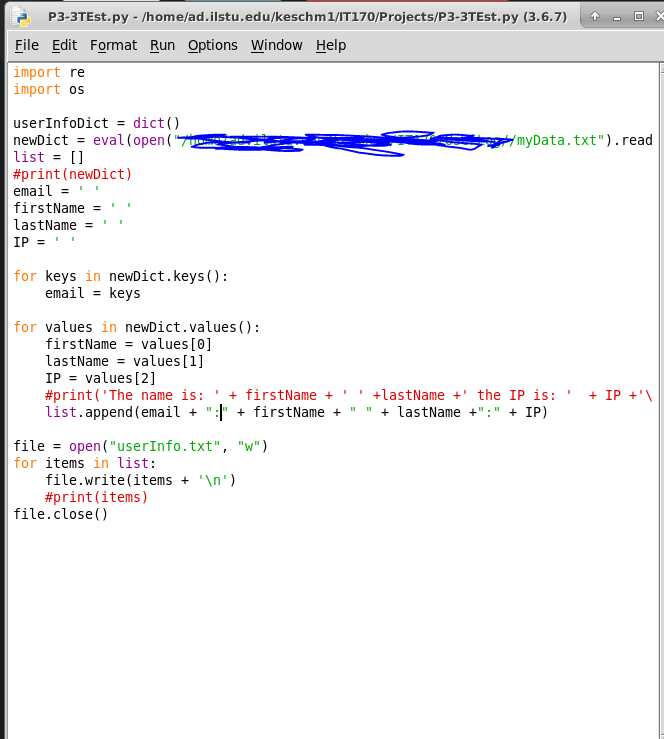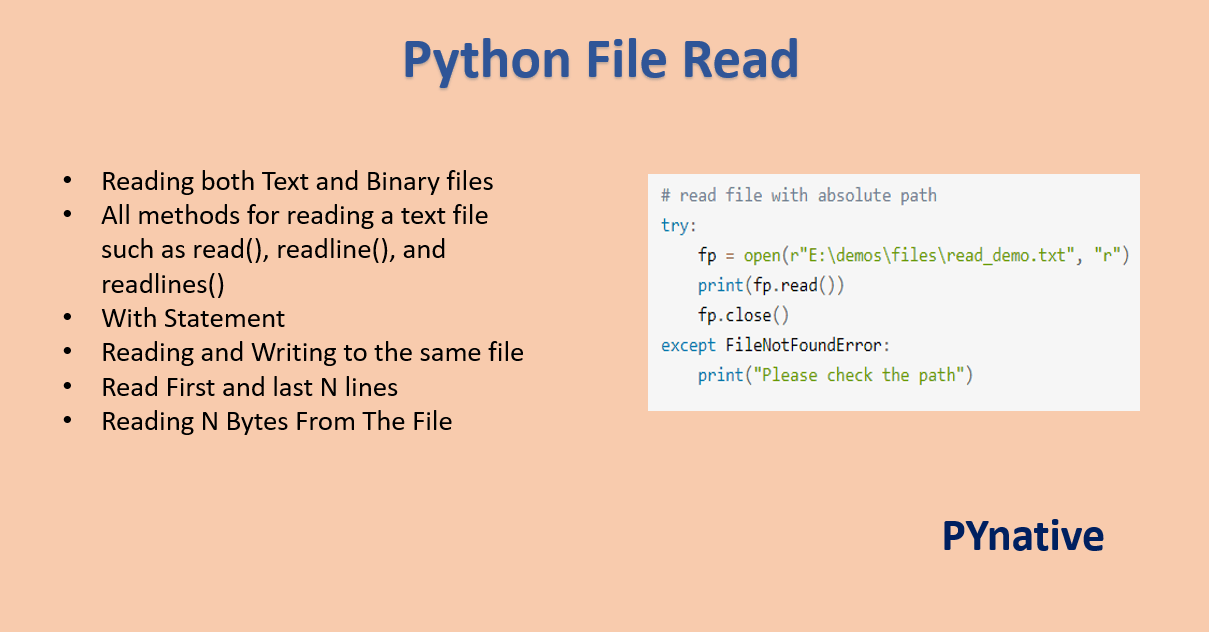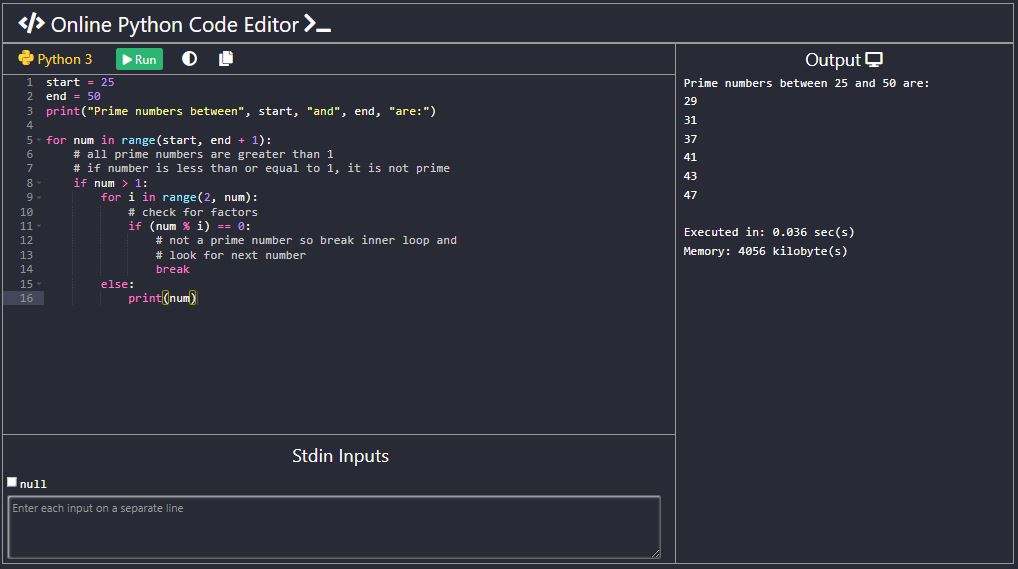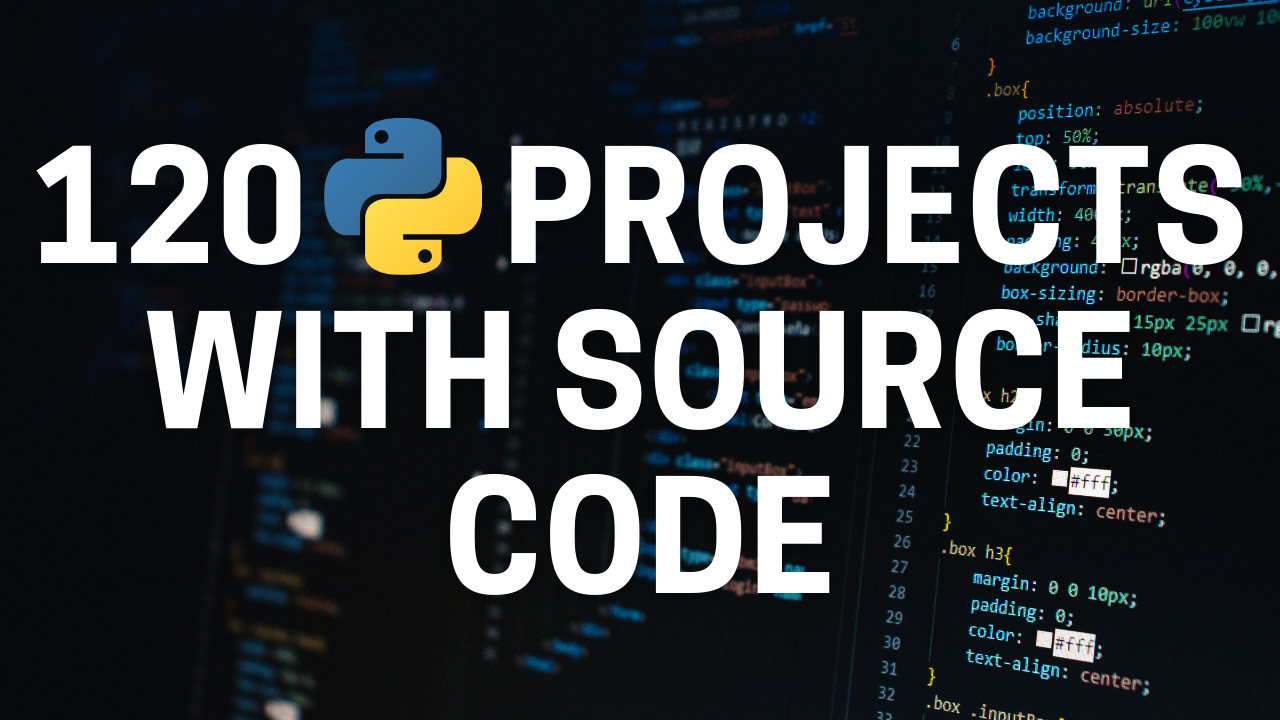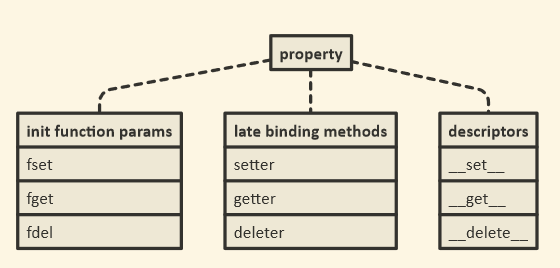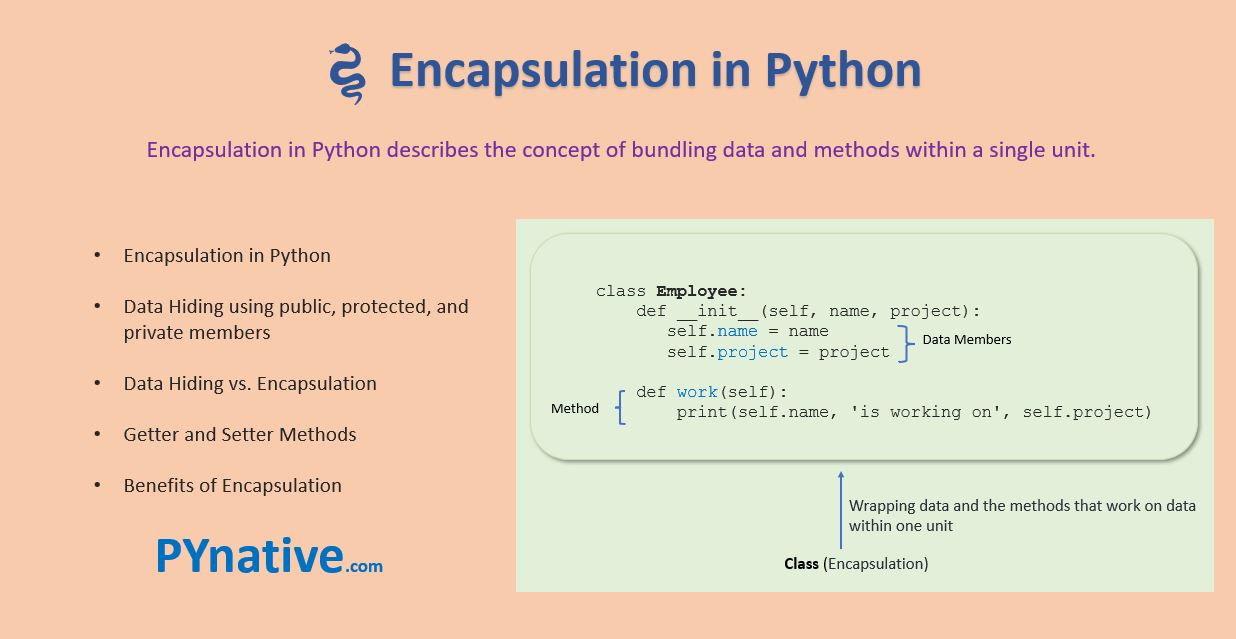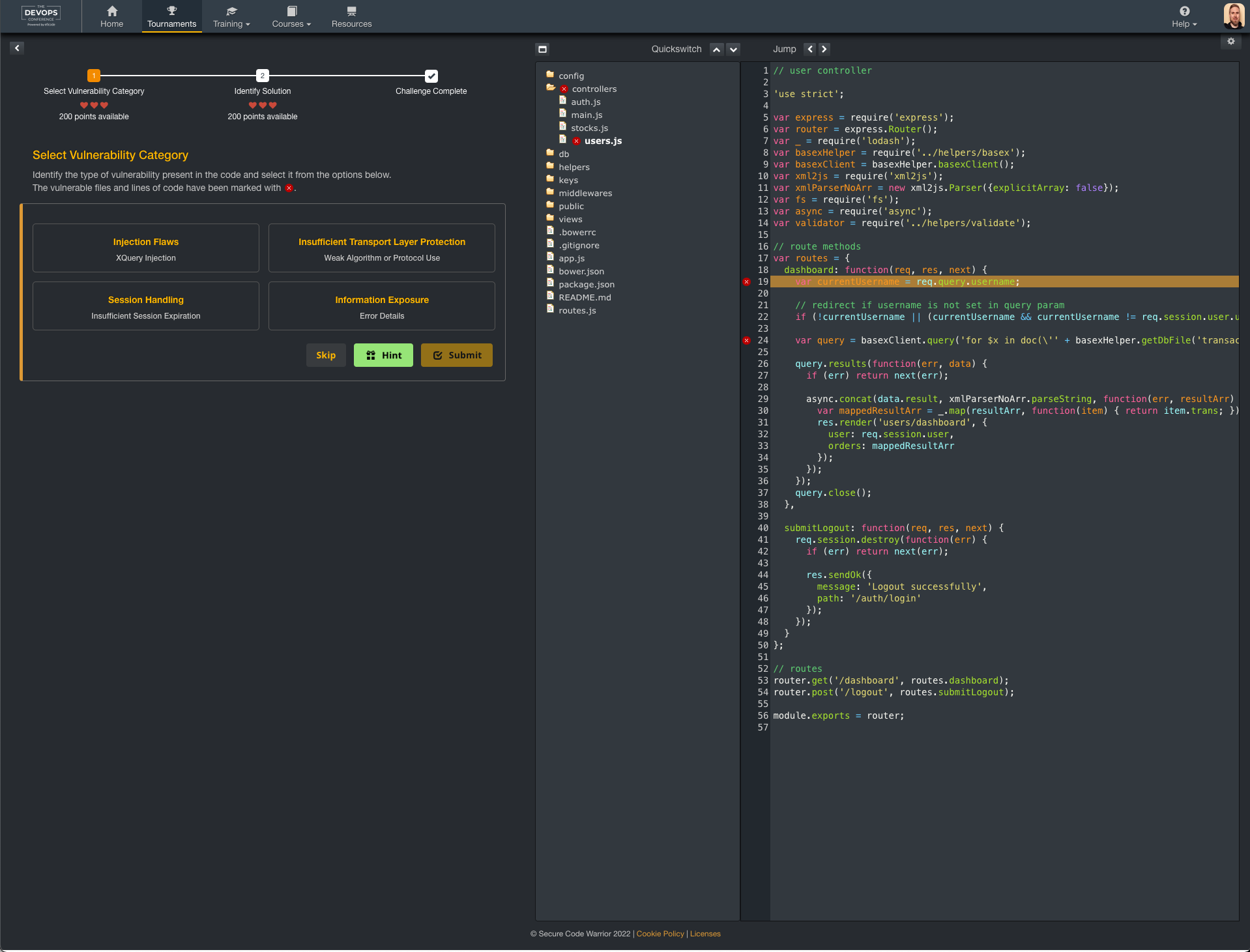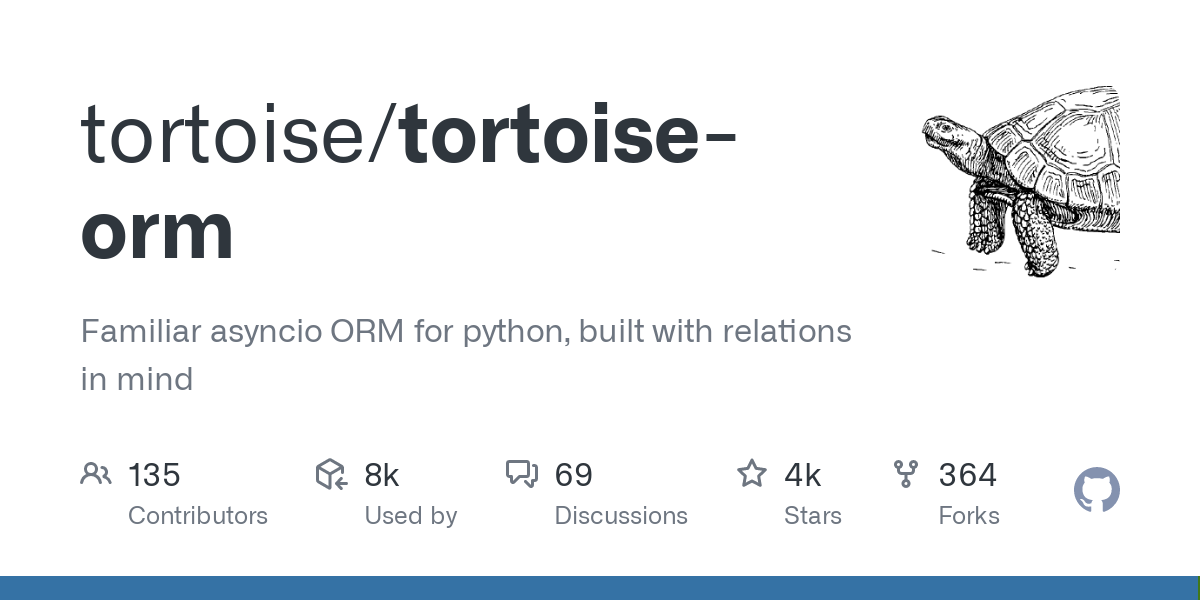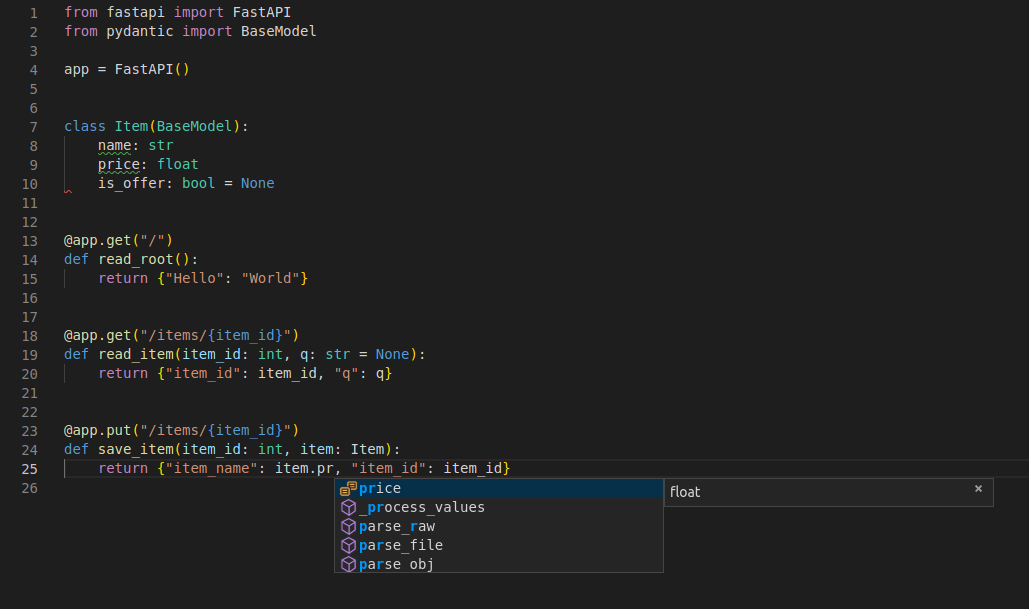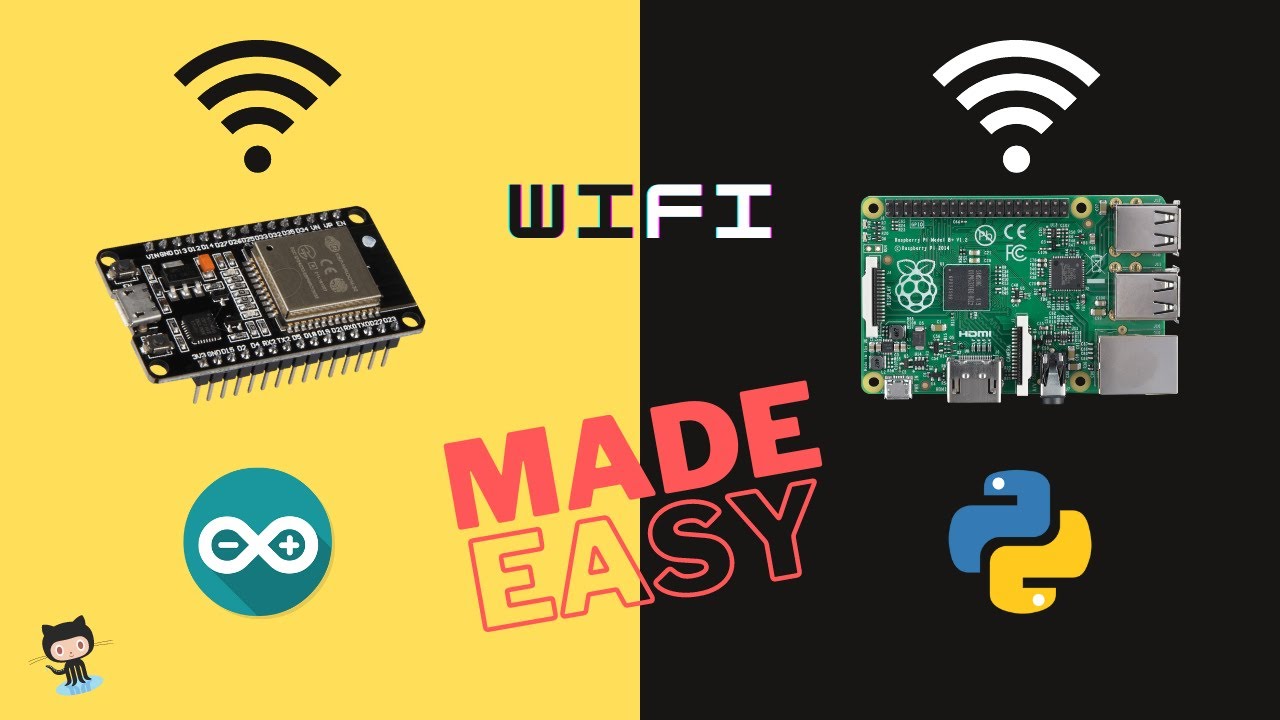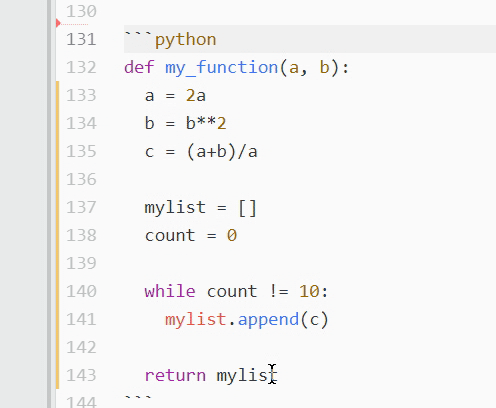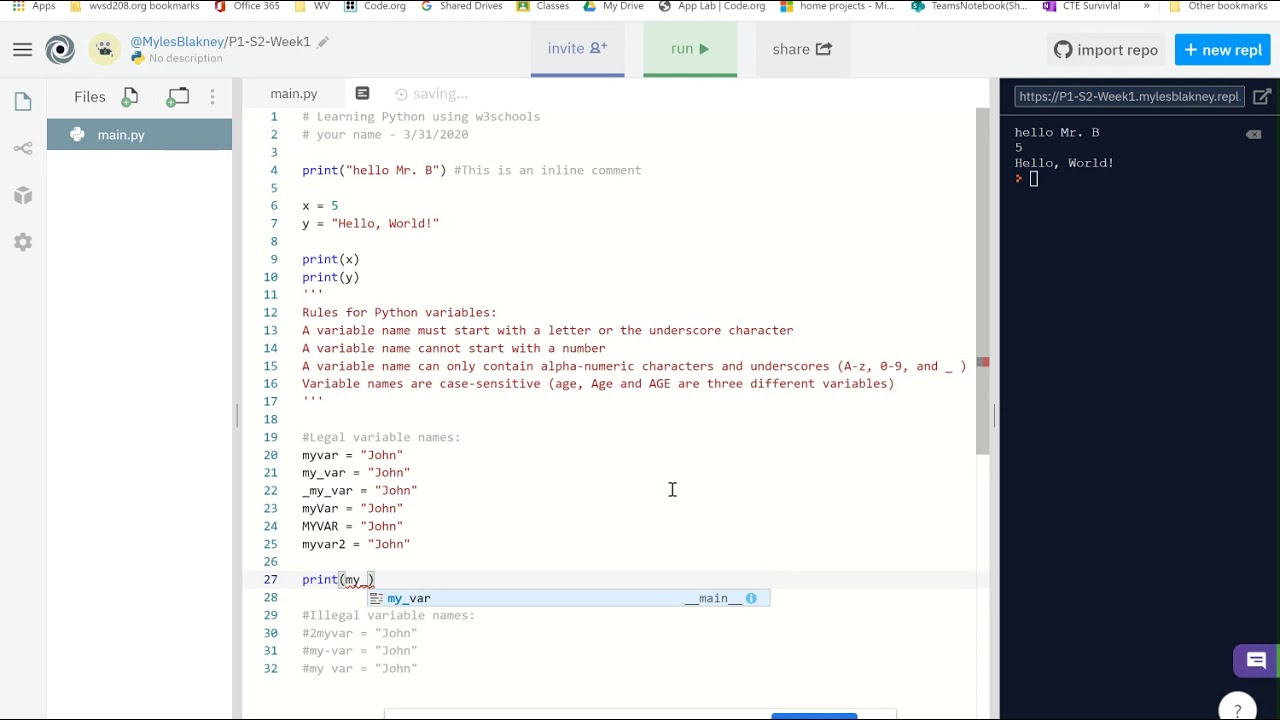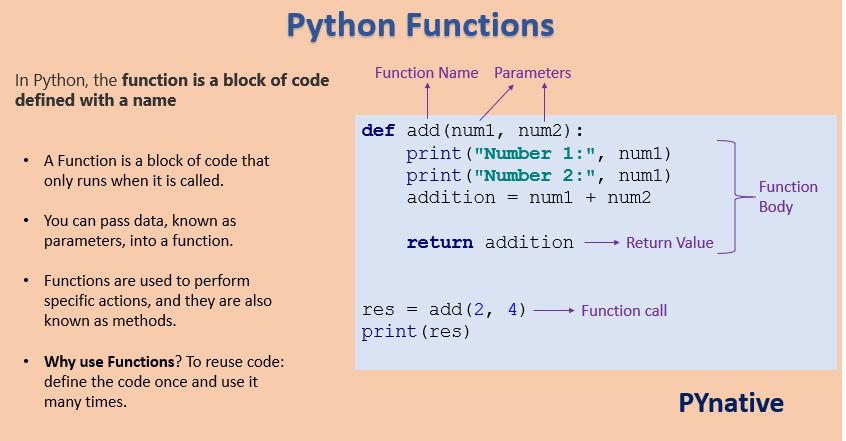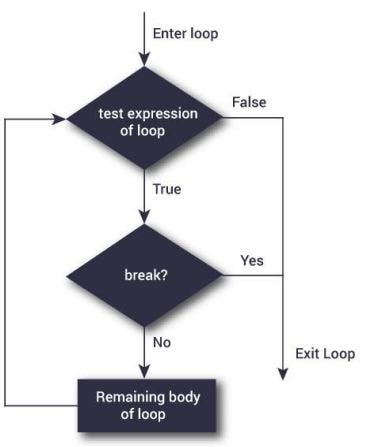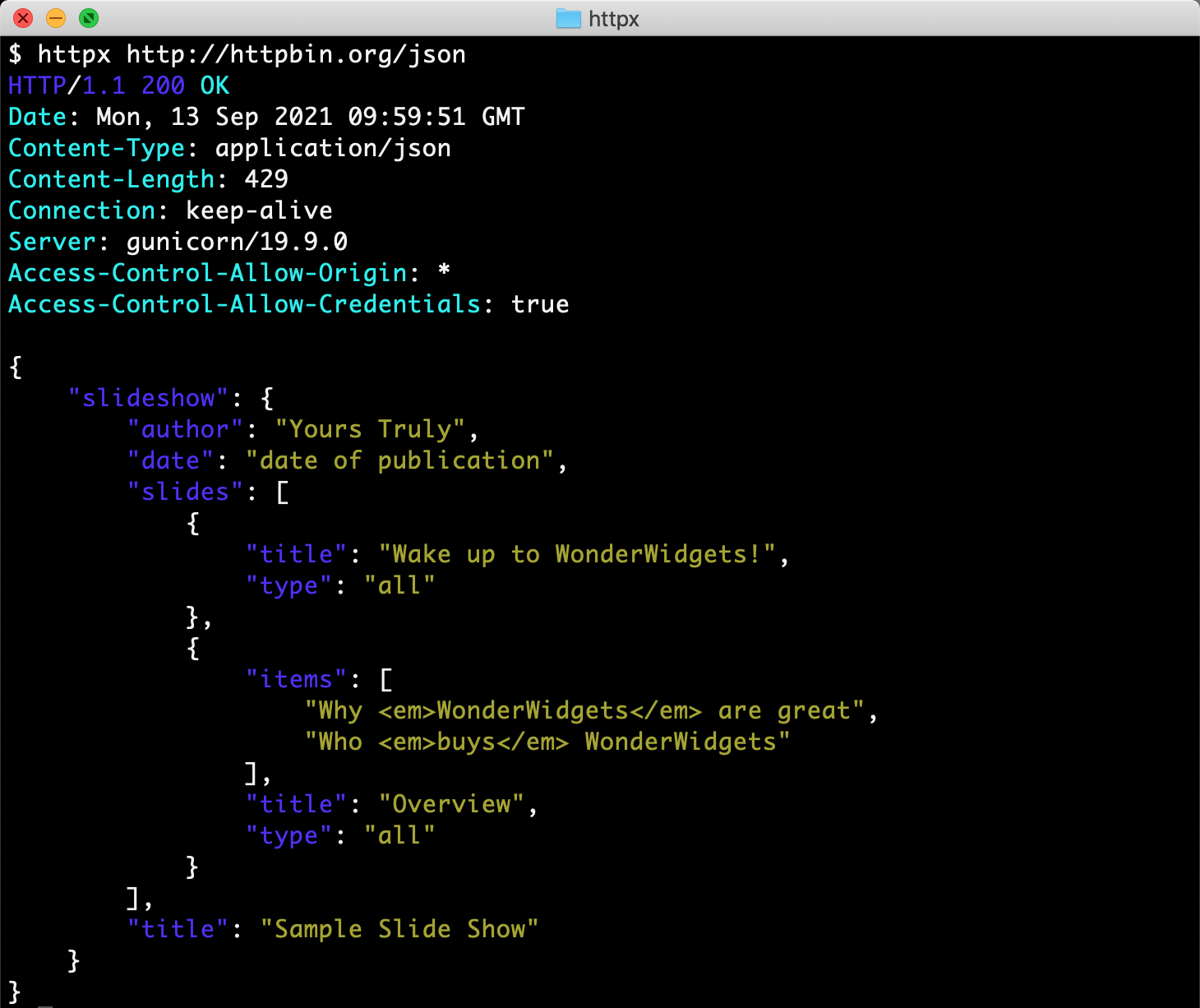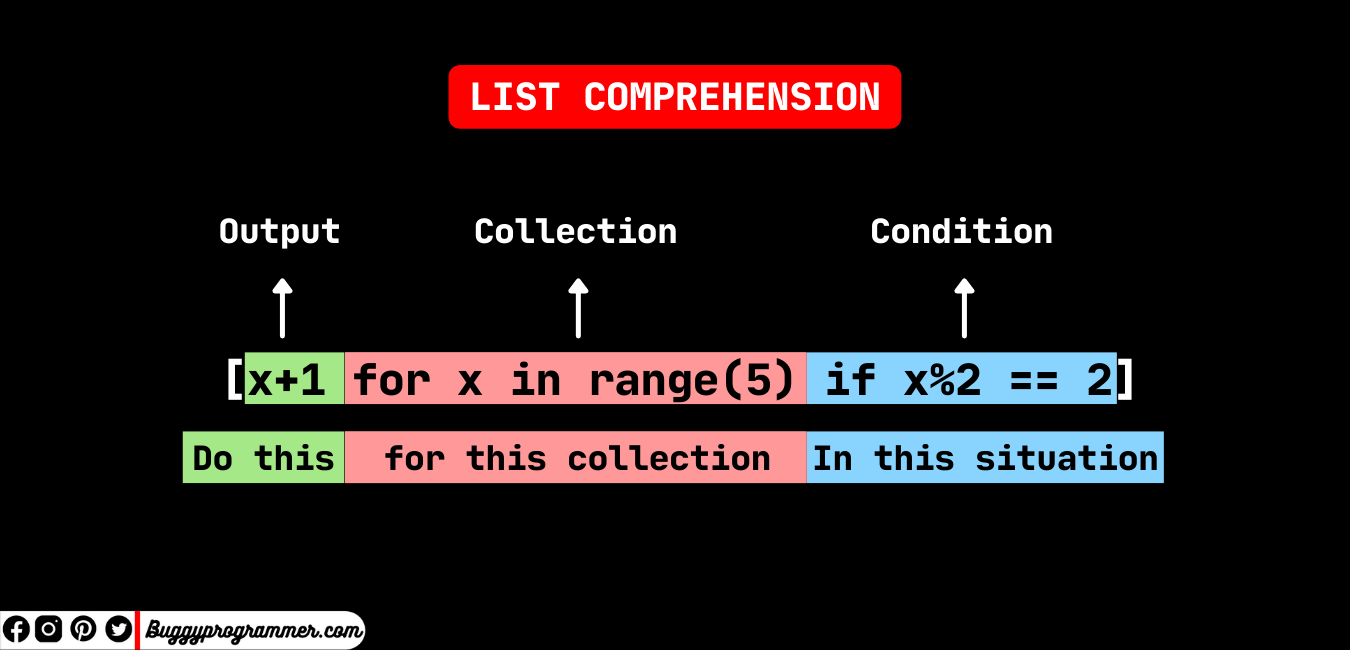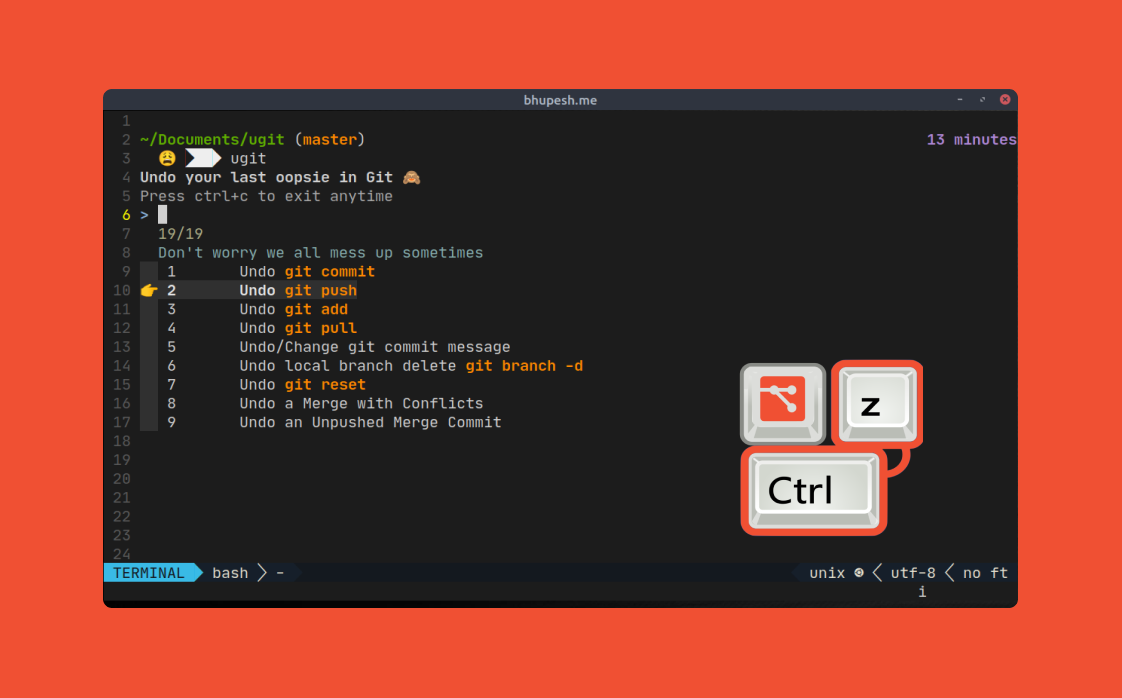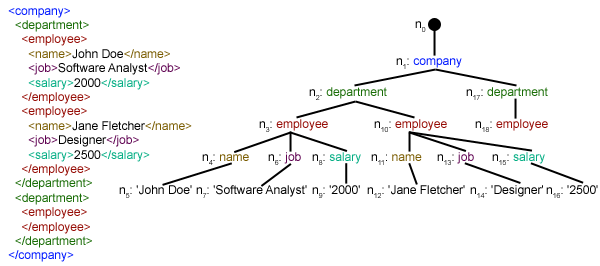Is learning Python enough to get a job?
Is learning Python enough to get a job?
Learning Python is an excellent skill to acquire, and it can indeed increase your chances of getting a job! However, having only Python knowledge may not be sufficient on its own to secure a job.
Python has become an extremely popular programming language due to its simplicity, flexibility, and versatility. It's used in various industries such as data science, machine learning, automation, web development, scientific computing, and more. Having Python skills can definitely make you attractive to potential employers, especially if you're applying for roles that involve data analysis, AI/ML model building, or scientific computing.
In today's competitive job market, having a single skill, like Python, might not be enough. Employers often look for candidates with a range of skills, experience working on projects, and the ability to collaborate with others.
Here are some reasons why having only Python knowledge might not be enough:
Other programming languages: While Python is an excellent language, many employers require knowledge of other languages like JavaScript, HTML/CSS, SQL, or Java. Having a broad range of programming skills can make you more competitive. Domain expertise: Depending on the industry or job role, having in-depth knowledge of that specific domain (e.g., healthcare, finance, or software development) might be essential. Soft skills: Employers often value candidates with strong soft skills like communication, problem-solving, teamwork, and adaptability. While Python can help you develop these skills, it's not a guarantee. Real-world projects: Having actual projects under your belt can demonstrate your skills, creativity, and ability to work on real-world problems.To increase your chances of getting hired with only Python knowledge, consider the following:
Combine Python with other skills: Learn additional programming languages, like JavaScript or Java, to broaden your skill set. Develop domain expertise: Focus on a specific industry or domain that interests you, and gain relevant knowledge and certifications. Work on real-world projects: Collaborate with others, build personal projects, or contribute to open-source initiatives to demonstrate your skills in action. Highlight transferable skills: Emphasize the soft skills you've developed while learning Python, such as problem-solving, communication, or teamwork.In summary, while learning Python is an excellent start, it's crucial to complement it with other programming languages, domain expertise, and real-world projects to increase your chances of getting hired.
how long to learn python reddit
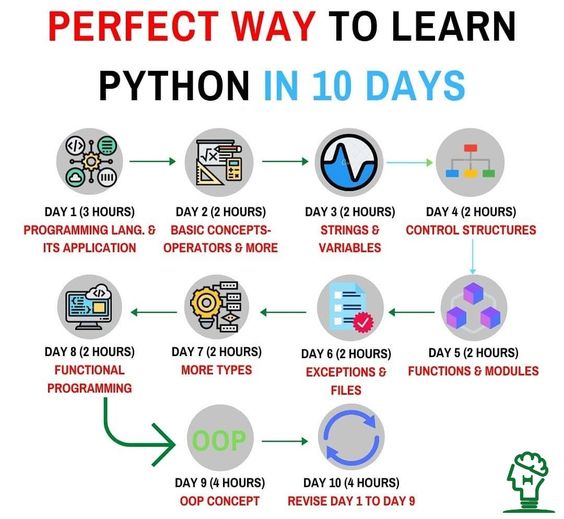
The eternal question!
How Long Does it Take to Learn Python?
This is a great question! Many aspiring coders ask themselves, "Will I ever become proficient in Python?" Well, the answer lies within. Learning Python (or any programming language) requires dedication, persistence, and a willingness to learn.
So, how long does it take to learn Python? The short answer is: it depends.
Factors Affecting Learning Time
Prior Experience: If you have experience with other programming languages or coding concepts, you'll likely pick up Python faster. Dedication and Consistency: Regular practice and consistent effort will yield better results than sporadic attempts. Learning Style: Some people learn visually (by watching tutorials or reading code), while others prefer hands-on experimentation. Experiment with different approaches to find what works best for you. Goals: Are you looking to build a specific project, like a web scraper or game? Focus on the aspects relevant to your goals.Timeframe Estimates
Basic Understanding: 2-3 months: You can learn the basic syntax, data structures, and control structures within a few months. Functional Programming: 6-12 months: Once you grasp the basics, focus on more advanced topics like functional programming, which requires understanding concepts like map, filter, and reduce. Deep Understanding: 1-2 years: To fully comprehend Python's nuances, such as decorators, generators, and asynchronous programming, dedicate at least a year to continuous learning. Mastery: 2-5 years: Becoming an expert in Python requires ongoing practice, experimentation, and exploration of advanced topics, libraries, and frameworks.Tips for Learning Python
Start with the Basics: Understand the fundamentals before diving into advanced topics. Practice Regularly: Code every day, even if it's just a simple script or exercise. Join Online Communities: Reddit (r/learnpython, r/Python), Stack Overflow, and GitHub are great resources for Q&A, projects, and collaboration. Participate in Projects: Contribute to open-source projects, build personal projects, or participate in coding challenges like HackerRank or Codewars. Read Documentation: The official Python documentation is an excellent resource for understanding the language's intricacies.In conclusion, learning Python (or any programming language) takes time, patience, and dedication. Set achievable goals, practice consistently, and explore different resources to accelerate your learning process. Join online communities, participate in projects, and continuously challenge yourself to become a proficient Python programmer!
Now, go ahead and join the Python community on Reddit!
